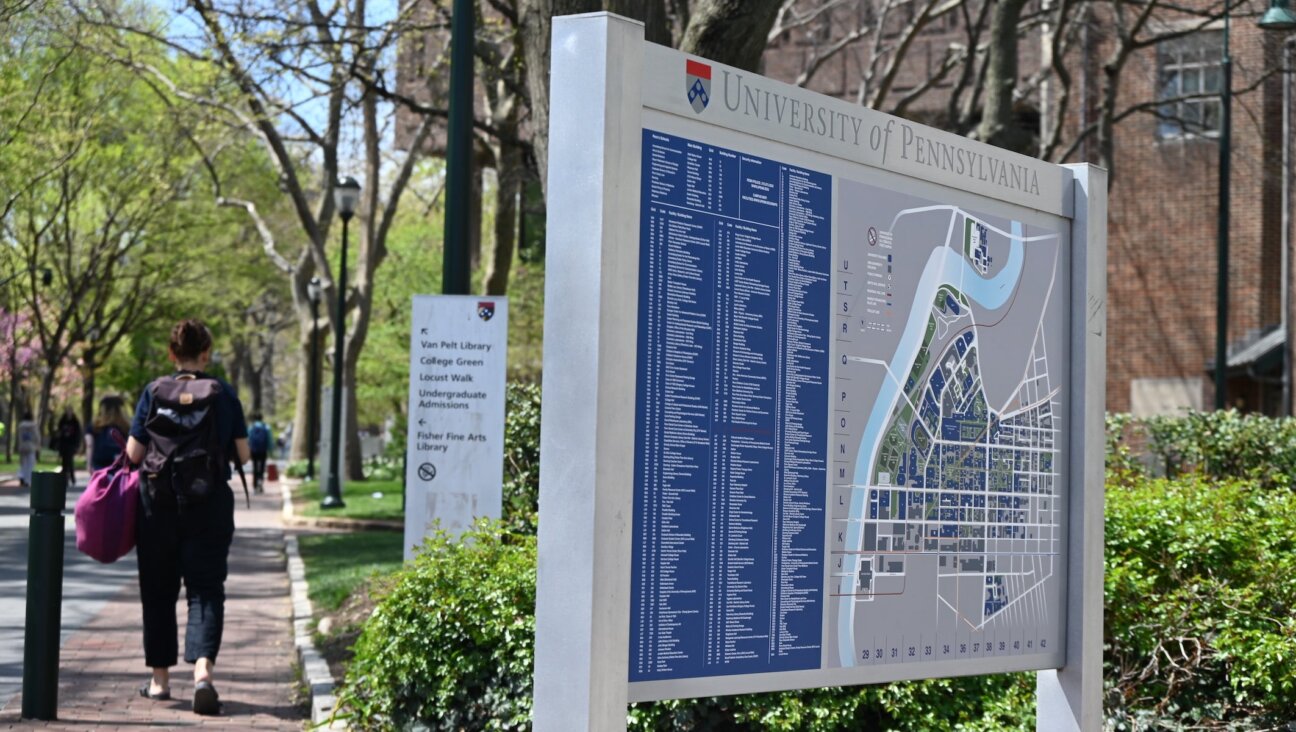53% of Israeli Jews Want Terror Suspects Executed on Spot

Image by Getty Images
More than half of Jewish-Israelis say they believe any Palestinian “who has perpetrated a terror attack against Jews should be killed on the spot,” according to a new survey.
The Peace Index, a monthly poll conducted by the Israel Democracy Institute, released a report Thursday focusing on views about the current wave of Palestinian stabbing attacks on Jewish-Israelis and Israel’s efforts to stem the violence.
In addition to finding that 53 percent of Jewish-Israelis support extrajudicial killing of Palestinian terrorists, the survey revealed that Arab-Israelis are more fearful than Jewish-Israelis as a result of the increasing violence. The survey did not ask Arab-Israelis about extrajudicial killing.
According to the poll, 57 percent of Jewish-Israelis fear they or someone close to them will be harmed, compared to 78 percent of Arab-Israelis. In addition, more Arab-Israelis (53 percent compared to 36 percent of Jewish-Israelis) say they have changed their daily habits in response to the security situation.
The survey also found dramatic Arab-Jewish differences on which terrorists to punish — and how.
Eighty percent of Jewish-Israelis said Palestinian homes should be razed if the homeowner or a family member carries out an attack “for nationalist reasons,” while 53 percent see this as an appropriate punishment for a Jewish person who carries out a nationalist-motivated terror attack. (Seventy-seven percent of Arab-Israelis oppose razing Palestinian homes, and 67 percent oppose razing Jewish ones.)
While 70 percent of Jewish-Israelis believe the punishments for terrorist are too light, 60 percent of Arab-Israelis believe the punishments are too heavy.
The survey, conducted by telephone on Oct. 28-29, included 600 adult respondents “who constitute a representative national sample,” according to the researchers. The survey had a 4.1 percent margin of error.














